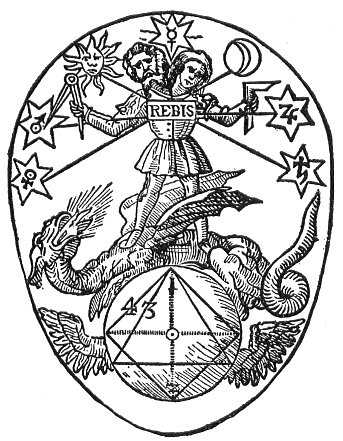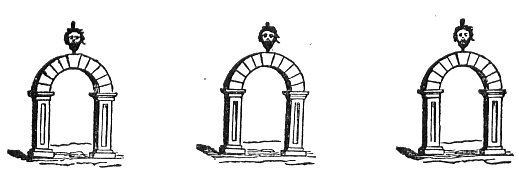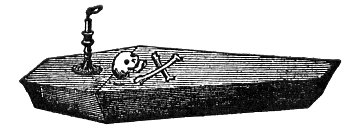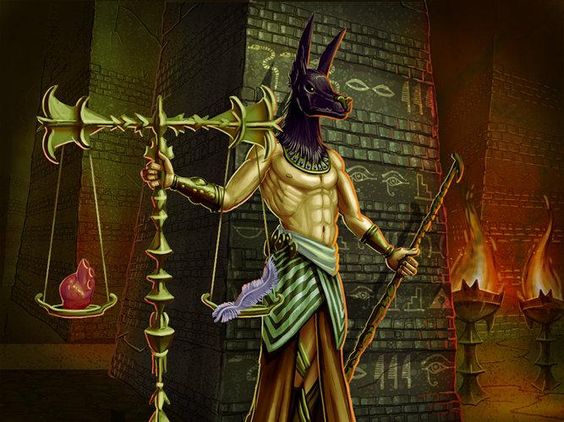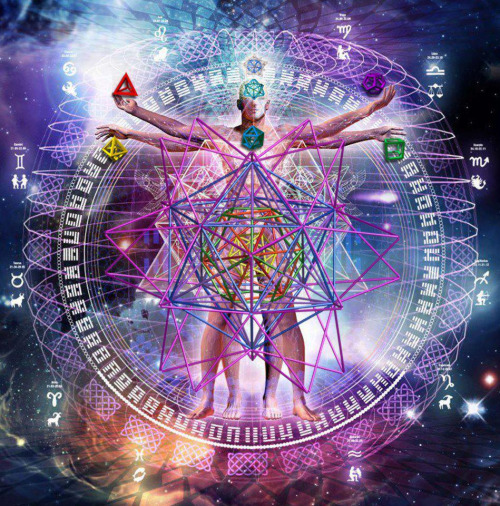Man’s views in regard to God, will contain only so much positive truth as file human mind is capable of receiving; whether that truth is attained by the exercise of reason, or communicated
p. 222
by revelation. It must necessarily be both limited and alloyed, to bring it within the competence of finite human intelligence. Being finite, we can form no correct or adequate idea of the Infinite; being material, we can form no clear conception of the Spiritual. We do believe in and know the infinity of Space and Time, and the spirituality of the Soul; but the idea of that infinity and spirituality eludes us. Even Omnipotence cannot infuse infinite conceptions into finite minds; nor can God, without first entirely changing the conditions of our being, pour a complete and full knowledge of His own nature and attributes into the narrow capacity of a ‘human soul. Human intelligence could not grasp it, nor human language express it. The visible is, necessarily, the measure of the invisible.
The consciousness of the individual reveals itself alone. His knowledge cannot pass beyond the limits of his own being. His conceptions of other things and other beings are only his conceptions. They are not those things or beings themselves. The living principle of a living Universe must be INFINITE; while all our ideas and conceptions are finite, and applicable only to finite beings.
The Deity is thus not an object of knowledge, but of faith; not to be approached by the understanding, but by the moral sense; not to be conceived, but to be felt. All attempts to embrace the Infinite in the conception of the Finite are, and must be only accommodations to the frailty of man. Shrouded from human comprehension in an obscurity from which a chastened imagination is awed back, and Thought retreats in conscious weakness, the Divine Nature is a theme on which man is little entitled to dogmatize. Here the philosophic Intellect becomes most painfully aware of its own insufficiency.
And yet it is here that man most dogmatizes, classifies and describes God’s attributes, makes out his map of God’s nature, and his inventory of God’s qualities, feelings, impulses, and passions; and then hangs and burns his brother, who, as dogmatically as he, makes out a different map and inventory. The common understanding has no humility. Its God is an incarnate Divinity. Imperfection imposes its own limitations on the Illimitable, and clothes the Inconceivable Spirit of the Universe in forms that come within the grasp of the senses and the intellect, and are derived from that infinite and imperfect nature which is but God’s creation.
p. 223
We are all of us, though not all equally, mistaken. The cherished dogmas of each of us are not, as we fondly suppose, the pure truth of God; but simply our own special form of error, our guesses at truth, the refracted and fragmentary rays of light that have fallen upon our own minds. Our little systems have their day, and cease to be; they are but broken lights of God; and He is more than they. Perfect truth is not attainable anywhere. We style this Degree that of Perfection; and yet what it teaches is imperfect and defective. Yet we are not to relax in the pursuit of truth, nor contentedly acquiesce in error. It is our duty always to press forward in the search; for though absolute truth is unattainable, yet the amount of error in our views is capable of progressive and perpetual diminution; and thus Masonry is a continual struggle toward the light.
All errors are not equally innocuous. That which is most injurious is to entertain unworthy conceptions of the nature and attributes of God; and it is this that Masonry symbolizes by ignorance of the True Word. The true word of a Mason is, not the entire, perfect, absolute truth in regard to God; but the highest and noblest conception of Him that our minds are capable of forming; and this word is Ineffable, because one man cannot communicate to another his own conception of Deity; since every man’s conception of God must be proportioned to his mental cultivation, and intellectual powers, and moral excellence. God is, as man conceives Him, the reflected image of man himself.

Moe is the founder of GnosticWarrior.com. He is a father, husband, author, martial arts black belt, and an expert in Gnosticism, the occult, and esotericism.

